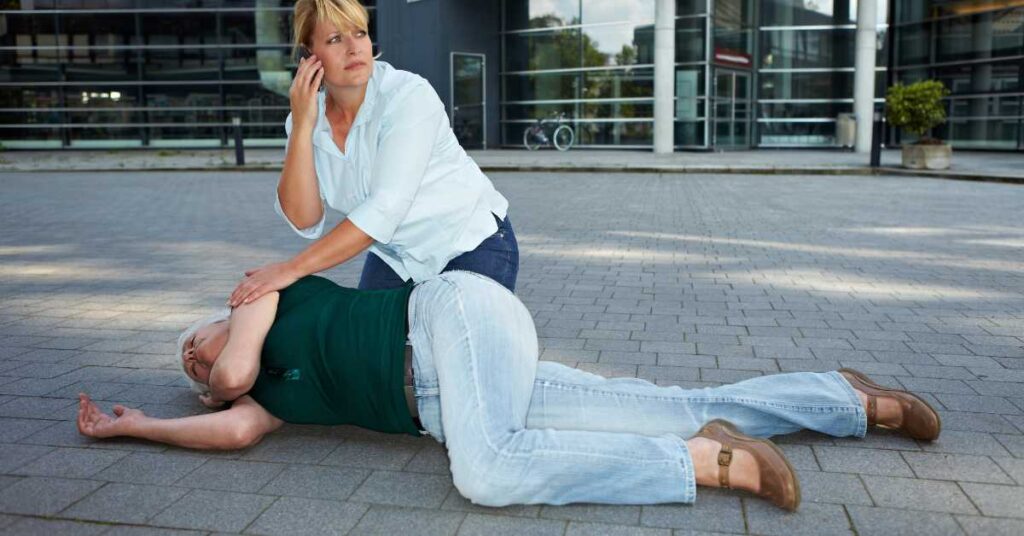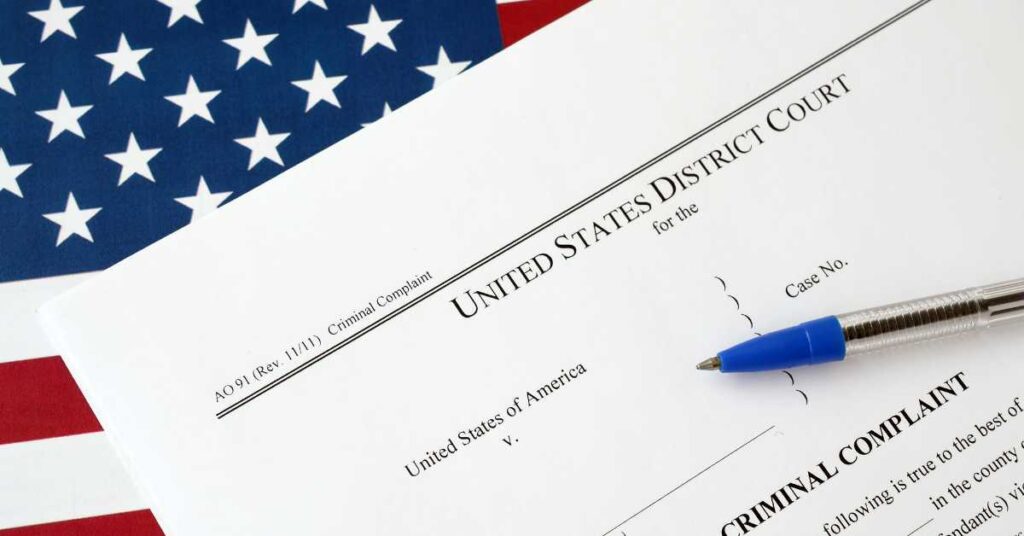🔍 What Are My Rights in Florida Regarding Illegal Searches and Seizures?
If you believe the police searched your car, home, or person without a warrant or valid reason, you may be the victim of an illegal search or seizure. And if evidence was collected as a result, you may have the power to keep that evidence out of court.
In Fort Lauderdale and across South Florida, your rights under the Fourth Amendment of the U.S. Constitution and Article I, Section 12 of the Florida Constitution protect you from unreasonable government intrusions.
Need Help With a Criminal Case in Fort Lauderdale, or Anywhere in South Florida?
⚖️ What Is an Illegal Search or Seizure?
A search or seizure is generally unconstitutional if it’s conducted without:
- A valid search warrant
- Probable cause and a recognized exception (e.g., plain view, consent, exigent circumstances)
- Voluntary consent from someone with authority to grant it
If law enforcement violates these rules, any evidence they collect may be deemed inadmissible in court.
📑 The Motion to Suppress: Your Key Legal Tool
When police conduct an illegal search or seizure, your defense attorney can file a motion to suppress. This legal filing:
- Challenges the constitutionality of the police action
- Asks the court to exclude evidence gathered unlawfully
- Can lead to a dismissal of your charges if key evidence is thrown out
This process is fact-intensive and demands knowledge of both state and federal constitutional law. It’s not something you should try to navigate alone.
👨⚖️ What Happens in a Motion to Suppress Hearing?
A hearing is scheduled where your defense lawyer:
- Presents legal arguments
- Cross-examines officers
- Introduces evidence (like bodycam footage or dashcam video)
- Shows why the search or seizure violated your rights
The judge will decide whether the evidence should be excluded. If the evidence was crucial to the prosecution’s case, this could effectively end the case right there.
💥 Why Illegal Searches Matter in Criminal Defense
Suppressing illegally obtained evidence can turn the tide in cases involving:
- Drug charges
- Firearm possession
- DUI
- Domestic violence
- Fraud or white-collar crimes
Without the evidence, the State may be forced to reduce or drop the charges.
📍 Fort Lauderdale Defense Against Illegal Searches and Seizures
At Michael White, P.A., we help clients in Fort Lauderdale and throughout South Florida fight back against unconstitutional police conduct. We:
- Investigate how the search or seizure occurred
- File detailed motions to suppress
- Cross-examine officers for inconsistencies
- Work to get charges reduced or dismissed
📞 Call (954) 707-0850 today to schedule a free consultation. Let’s protect your rights and your future.
💬 FAQs: Illegal Searches and Seizures in Florida
Q: Can police search my car without a warrant in Florida?
A: Only if they have probable cause or your consent—or another valid exception applies (e.g., search incident to arrest).
Q: What if I gave consent to a search but didn’t really want to?
A: If the consent wasn’t freely and voluntarily given, it may not be valid—and the search could be suppressed.
Q: Will my case be dismissed if the search was illegal?
A: Possibly. If the suppressed evidence is central to the case, the prosecution may not have enough to proceed.
Q: Do the police need a warrant to search my phone in Florida?
A: Yes. The U.S. Supreme Court has ruled that police generally need a warrant to search your smartphone or digital devices, even after arrest, unless a valid exception applies.
Q: Can I refuse a search if the police don’t have a warrant?
A: Yes. You have the right to politely refuse a search if officers do not have a warrant or probable cause. If they search anyway, your attorney may be able to challenge the evidence.






